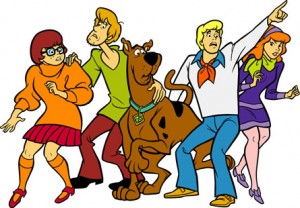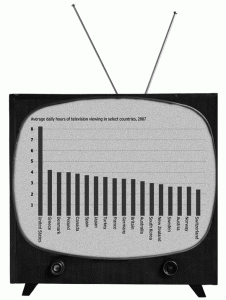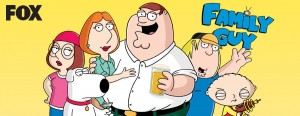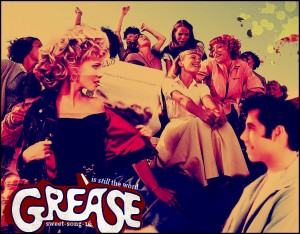Scooby-Doo, Where Are You!
When I was a child I would watch Scooby-Doo religiously. Every Saturday I would sit down with my brother and sister and we would watch them. This happened for years. Scooby Doo is a children’s cartoon show that stars a group of friends: Freddy, Daphne, Velma, Shaggy, and their dog Scooby Doo. These friends would get together and solve mysteries in their town. The group called themselves the Mystery Inc and would always find out who the mysterious criminal was behind all of the “supernatural” crimes.
The show originally started in 1969 as Scooby Doo, Where Are You! for Hanna-Barbera Productions. It would come on Saturday mornings and had the same cast as it does today. Hanna-Barbera’s successor, Warner Bros, continued the show until 1976. In 1976 the show moved over to ABC and aired until they cancelled it in 1986. They show has had many spin offs since then as well, such as A Pup Named Scooby-Doo, Scooby-Doo’s Great Mysteries, etc. The show currently running on air is Scooby-Doo! Mystery Incorporated, which premiered on cartoon network in July 2010. The show has won many awards and has been made into movies and comic books.
However, the success of the show has much to do with the viewers (children). In class we have talked a lot about children’s television shows and negative adult reactions towards them. The creation of Scooby Doo was actually a side effect of the parent-run organization Action for Children’s Television. This organization was complaining about there being too much violence in the Saturday morning cartoons and pressured Hanna-Barbera to create a new show that was more appropriate. And, through lots of hard work and ideas, Scooby Doo, Where Are You! was finally aired in 1969.
Parents have a large effect over the children’s television and movie industries. Without the parents support, these industries would fail because their target audience does not have the capabilities to go see movies, pay for tickets, pay for cable, etc… without their parents help. Therefore these some of the people in these industries, the successful people, sell to the parents just as much as they sell to the children.






